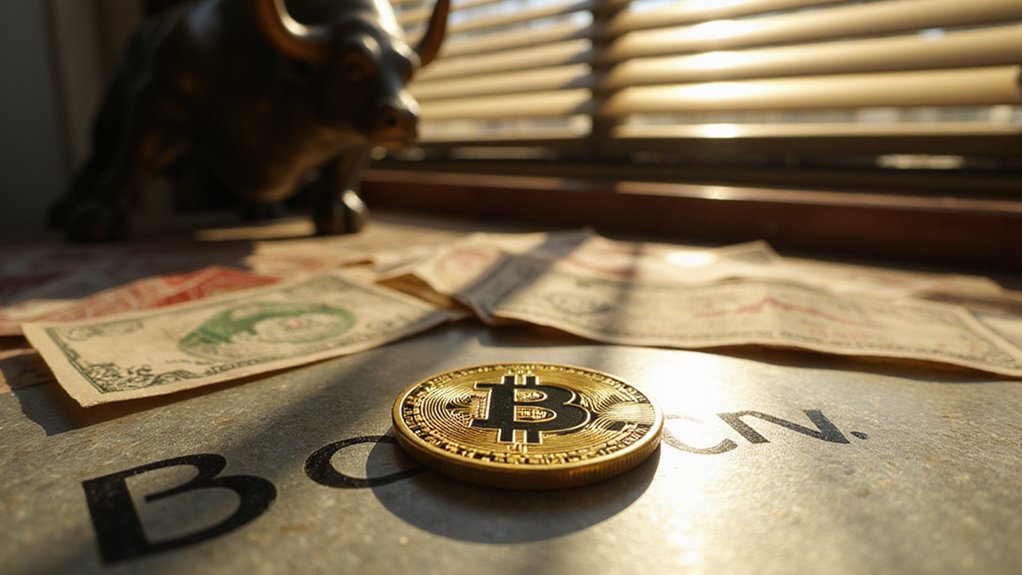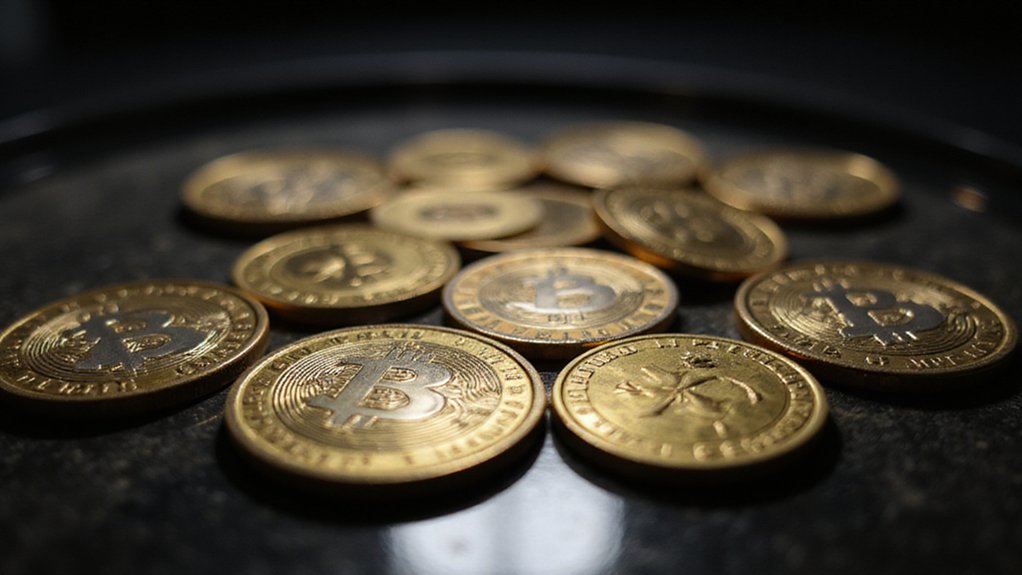While traditional educational institutions have spent decades perfecting the art of bureaucratic credential verification—a process that somehow manages to be both glacially slow and remarkably prone to fraud—the convergence of artificial intelligence and blockchain technology is quietly dismantling these antiquated systems with the efficiency of a hostile takeover.
The EdTech market‘s projected $404 billion valuation by 2025 reflects more than Silicon Valley exuberance; it represents a fundamental restructuring of how society approaches knowledge transfer and skill validation. AI’s evolution from experimental curiosity to core infrastructure mirrors the early adoption patterns of cloud computing, where early movers secured decisive competitive advantages while legacy institutions scrambled to avoid obsolescence.
Workforce-focused education has captured 36% of total EdTech funding in 2024, suggesting investors recognize that traditional degree programs—with their charming insistence on four-year timeframes for rapidly evolving skill sets—may be as relevant to modern employment as handwritten ledgers are to algorithmic trading.
AI-powered personalized learning systems adapt in real-time to individual student needs, while blockchain technology eliminates the Byzantine complexity of credential verification that somehow requires weeks to confirm a simple degree. Blockchain functions as a distributed ledger that records transactions across a network of computers, ensuring tamper-proof educational records.
The integration creates particularly compelling value propositions in high-demand sectors like cybersecurity and FinTech, where skill shortages reach crisis levels while universities debate curriculum committees. Digital credentials and micro-credentials powered by AI prepare learners for immediate workforce deployment, while blockchain’s immutable ledgers provide employers with instant, fraud-proof verification—a remarkable improvement over phone calls to registrar offices that may or may not respond within business hours. Educational blockchain applications create immutable transaction records that eliminate the traditional fraud risks associated with diploma mills and falsified academic credentials.
Smart contracts automate course progression and personalized learning paths, eliminating administrative bottlenecks that have plagued educational institutions since their medieval origins. The technology enables seamless education-to-employment pathways by verifying skills and performance in real-time, creating transparency that benefits all stakeholders except perhaps those whose careers depend on maintaining opacity. Post-secondary institutions are increasingly adopting hybrid learning models that combine digital innovation with traditional instruction to remain competitive.
This convergence suggests that educational institutions face a choice: embrace technological transformation or join the ranks of other disrupted industries that discovered market forces rarely accommodate institutional nostalgia.
The question isn’t whether AI and blockchain will revolutionize education—it’s whether traditional institutions will participate in their own evolution or observe it from the sidelines.





